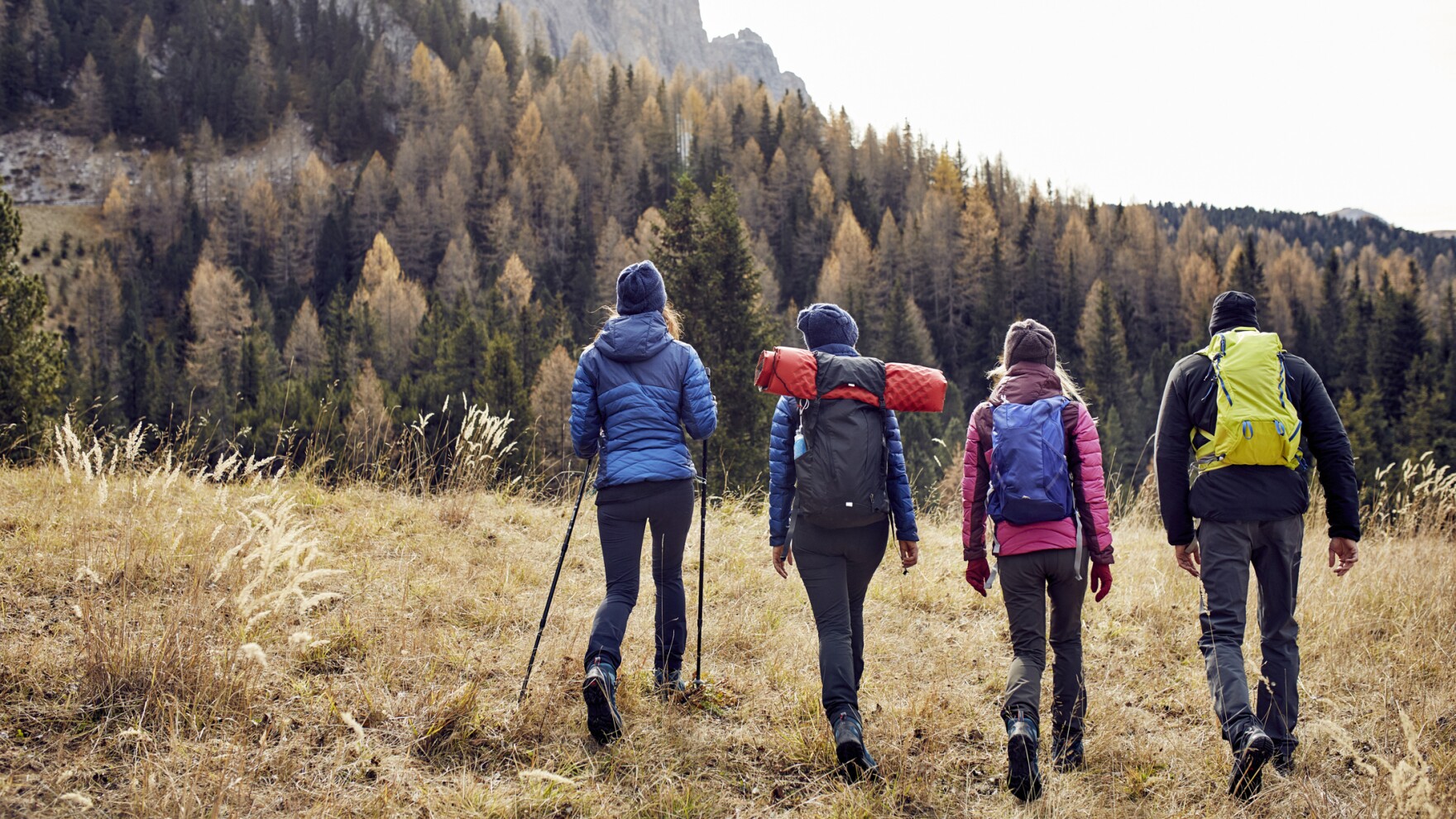Introduction
In recent years, the use of cannabidiol (CBD) has surged in popularity for its potential health benefits and therapeutic properties. As a result, many people want to know whether they can travel with CBD products. Whether you’re traveling domestically or internationally, there are essential factors to consider. In this comprehensive guide, we’ll explore the rules and regulations surrounding traveling with CBD, providing you with the information you need to navigate the world of travel with confidence.
The Legality of CBD
Before addressing travel-specific concerns, it’s crucial to understand the legality of CBD. CBD is derived from the cannabis plant, which has led to a complex legal landscape due to varying laws and regulations in different regions.
In the United States, the legality of CBD depends on its source
- Hemp-Derived CBD: The 2018 Farm Bill legalized the cultivation and sale of hemp and hemp-derived products, including CBD with less than 0.3% THC (tetrahydrocannabinol). This makes hemp-derived CBD legal at the federal level.
- Marijuana-Derived CBD: CBD derived from marijuana is subject to state-specific laws. Some states have legalized recreational or medical marijuana, while others maintain strict regulations or prohibitions.
It’s crucial to research and understand the laws in your departure and destination locations before traveling with CBD.
Traveling Domestically with CBD
When traveling within your own country, whether it’s by land, air, or sea, you’ll need to consider both federal and state laws.
Federal Regulations
In the United States, the Transportation Security Administration (TSA) has clarified its policy regarding CBD. Hemp-derived CBD products that comply with the 2018 Farm Bill are allowed in both carry-on and checked luggage. The TSA is primarily concerned with security threats, such as explosives, and does not actively search for drugs. However, if TSA officers come across a substance that they believe is marijuana or a product containing THC, they are required to report it to law enforcement.
Be aware that the legality of CBD products may vary by state. It’s essential to ensure that the CBD you’re carrying complies with the laws of the state you’re traveling to or through.
Know the State Laws
When traveling within the United States, it’s crucial to research and understand the specific CBD laws of the states you’ll be visiting or passing through. Laws can vary significantly from one state to another, so it’s important to be informed.
Check the THC Content
To avoid any potential issues with law enforcement, ensure that your CBD product contains less than 0.3% THC, which is the federal legal limit for hemp-derived CBD.
Original Packaging
It’s advisable to keep your CBD products in their original packaging, as it provides information about the product’s contents and can be helpful in case of inquiries.
Certificates of Analysis (COAs)
Some travelers choose to carry COAs or lab test results with their CBD products. These documents can serve as evidence of the product’s THC content and source.
Traveling Internationally with CBD
Traveling internationally with CBD introduces additional complexities, as CBD regulations can differ greatly from one country to another. It’s essential to research and understand the laws and regulations of the specific country you plan to visit. Here are some key considerations:
Legal Status of CBD Abroad
The legality of CBD products abroad may vary significantly. Some countries have very strict regulations and may not allow any form of CBD, while others may have more permissive laws.
Check Local Regulations
Research the CBD regulations of the destination country. Some countries may allow CBD with very low THC content, while others may not permit it at all.
Travel Documentation
It’s essential to carry all necessary travel documentation and be prepared for potential questions from customs or security officials. If possible, have information about the CBD product’s source, THC content, and purpose of use.
Declare Your CBD
When traveling internationally, it’s often best to declare any CBD products to customs officials. This transparency can help avoid misunderstandings and potential legal issues.
Consider International CBD Laws
Some countries have very strict drug laws, and possessing CBD products may be viewed as a violation. It’s crucial to research international drug laws and understand the potential consequences of traveling with CBD.
Language Barriers
In some cases, language barriers can complicate travel with CBD. Research the local language or have translations available to explain your CBD products if necessary.
Risks and Challenges
Traveling with CBD, whether domestically or internationally, is not without risks and challenges
Confiscation
Even if you are well-informed and compliant with all regulations, there is always a risk of confiscation if authorities in the destination country or at a security checkpoint determine that your CBD product is not permitted.
Legal Consequences
Depending on the laws of the destination country, traveling with CBD could have legal consequences, including fines, confiscation, or even legal action.
Regulatory Changes
CBD regulations are subject to change. What may be legal when you begin your trip could become illegal during your stay in a particular location. Stay updated on legal changes.
Alternatives to Traveling with CBD
Given the risks and challenges of traveling with CBD, some individuals prefer not to carry CBD products with them when they travel. Instead, they may consider the following alternatives
Purchase CBD at Your Destination
If CBD is legal in your destination, you can consider purchasing CBD products locally to avoid any potential issues associated with traveling with it.
Consult Local Laws
Before traveling, research local CBD laws and regulations at your destination to determine the availability and legal status of CBD products.
Medical Documentation
If you are using CBD for medical reasons, consider obtaining a letter from a healthcare professional explaining your need for CBD. This can be useful in case of inquiries.
Contact the Embassy or Consulate
You can contact the embassy or consulate of the destination country to inquire about their specific regulations regarding CBD.
Conclusion
Traveling with CBD requires careful consideration of the laws and regulations both in your home country and your destination. While domestic travel with CBD in the United States is generally straightforward, international travel with CBD can be more complex and risky due to varying global regulations.
To ensure a smooth and hassle-free travel experience with CBD, it’s essential to research the laws at your destination, carry necessary documentation, and be aware of potential risks. In some cases, travelers may choose not to carry CBD with them and opt to purchase it locally at their destination. Regardless of your choice, staying informed and compliant with the laws is key to a trouble-free journey.
- Ultimate THCA Products Comprehensive Review By Exhale Well - June 25, 2024
- Can You Travel With CBD A Comprehensive Guide - October 19, 2023
- The Comprehensive Guide to the Benefits of Reishi Functional Mushrooms - October 19, 2023

